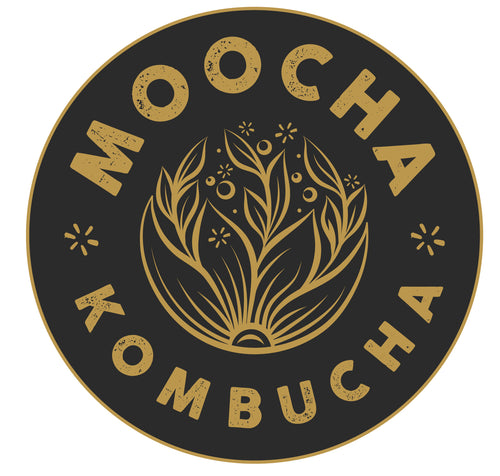Most of you have heard of the term probiotics. But what about prebiotics?
Both prebiotics and probiotics are both compounds that support a healthy gut microbiome, but they have different roles.
Find out what they are...and why you need both!
What are probiotics

Probiotics are foods or supplements that contain live microorganisms intended to maintain or improve the "good" bacteria (normal microflora) in the body.
You can find probiotics in fermented foods like yogurt, pickles, sauerkraut, kefir, kimchi, kombucha, and miso.
You can also find probiotics are added to foods and take them as dietary supplements.
Research has shown that probiotics can improve a number of health conditions, like:
- Digestive health – probiotics can relieve some digestive symptoms such as diarrhoea and irritable bowel syndrome (IBS).
- Immune system - probiotics can help your body fight infections and reduce the length of colds.
- Gut health – probiotics can restore the natural balance of bacteria in your gut which can be disrupted by ageing, poor diet, illness or antibiotic usage.
If you want to try probiotics for a specific health problem, you should consult your GP or dietitian for advice. The specific type of bacteria, dose and composition of the probiotic is important.
What are Prebiotics

Prebiotics are actually food for the Probiotics.
They are typically high-fibre foods that act as food for human microflora. They're not actually not digested by the body, so they pass through to the lower digestive tract to feed the “good” bacteria (microflora).
A good way to explain prebiotics is by thinking of them as fertilisers in our gardens, to help feed and grow all our plants. By adding prebiotic foods to our diet, we can similarly feed and help our gut bacteria grow strong to benefit our overall ecosystem.
Prebiotics occur naturally in many foods like artichokes, asparagus, bananas, berries, tomatoes, garlic, onions, legumes, green vegetables, soybeans and wholegrain cereals.
Prebiotics can help with:
- Promoting healthy gut bacteria which can help with digestion, constipation, and warding off pathogens
- Boosting the immune system by increasing the number of protective microorganisms in your body, which can help your immune system function better.
- Improving constipation and helping to regulate bowel movements.
- Improving bone health. Prebiotics may help your body absorb calcium and phosphorus, which can improve bone density and reduce the risk of osteoporosis.
Prebiotics are generally safe for most healthy adults, but you should not take them if you have small intestinal bacterial overgrowth (SIBO) or fermentable oligosaccharides, disaccharides, monosaccharides and polyols (FODMAPs) intolerance.
If you're considering taking supplements, you should consult with your GP for advice to make sure they're right for you.
Probiotic & Prebiotic recipes
Buddha bowl
Buddha bowls are a great way to get both your probiotic and prebiotic quota in. Mix fibre like sweet potatoes, lentils or chickpeas with onion with fermented vegetables.

Kimchi rice
Try adding kimchi to brown rice and soy beans for a great probiotic and prebiotic lunch.

Overnight oats
Have you made overnight oats before? You just add your ingredients to oats and your choice of milk and leave it in the fridge overnight.
The milk soaks in to the oats to make them soft in the morning.
To get your prebiotic and probiotic hit, add a banana (not too ripe), natural yoghurt and some nut butter and cinnamon.

Probiotics and prebiotics have a mutually beneficial relationship.
While probiotics help or maintain gut microflora, prebiotics act as food for the microflora. Balancing both can improve our gut health.
The bacteria that are present in our gut benefit far beyond just the gut itself, playing a role in supporting our immune system.
And don't forget that gut-brain connection. By consuming probiotics and feeding them with prebiotics, we are also supporting that mind-gut connection.
Why not add in some natural probiotics into your diet our Moocha Kombucha.
